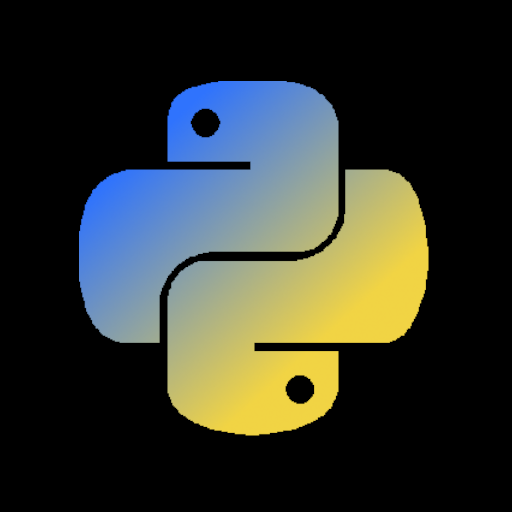Can you explain it to me like i’m a 10 yrs old (which i’m not 🙄), then?
- 1 Post
- 6 Comments
Joined 1 year ago
Cake day: August 29th, 2023
You are not logged in. If you use a Fediverse account that is able to follow users, you can follow this user.

 4·1 year ago
4·1 year agoNice! It looks like the best solution out there.

 4·1 year ago
4·1 year agoPython >= 3.10 version:
def foo(return_more: bool) -> DataType | tuple[DataType, MoreDataType]: ...But i would definitely avoid to do that if possible. I would maybe do something like this instead:
def foo(return_more: bool) -> tuple[DataType, MoreDataType | None]: ... if return_more: return data, more_data return data, NoneOr if
datais adict, just update it withmore_data:def foo(return_more: bool) -> dict[str, Any]: ... if return_more: return data.update(more_data) return data

 1·1 year ago
1·1 year agoThe difference is that with
Protocolyou can define which method presence you want to ensure. Like i said: custom vs. generic.

 1·1 year ago
1·1 year agoFrom what i understand,
Protocolis for custom interfaces that you define (this object must havedo_x()method), while ABCs are generic (this object is iterable).


Certainly not the best, but codecademy is decent. After that, it should be enough for you to learn more deeply from official Python documentation, actual Python code base (from OSS repositories), and specific subjects from blog articles.
But it will highly depend on what type of content you like. For example some people may prefer books over interactive courses. If this is your case, i think this one is recognized as a very good one: https://learnpythonthehardway.org/python3/